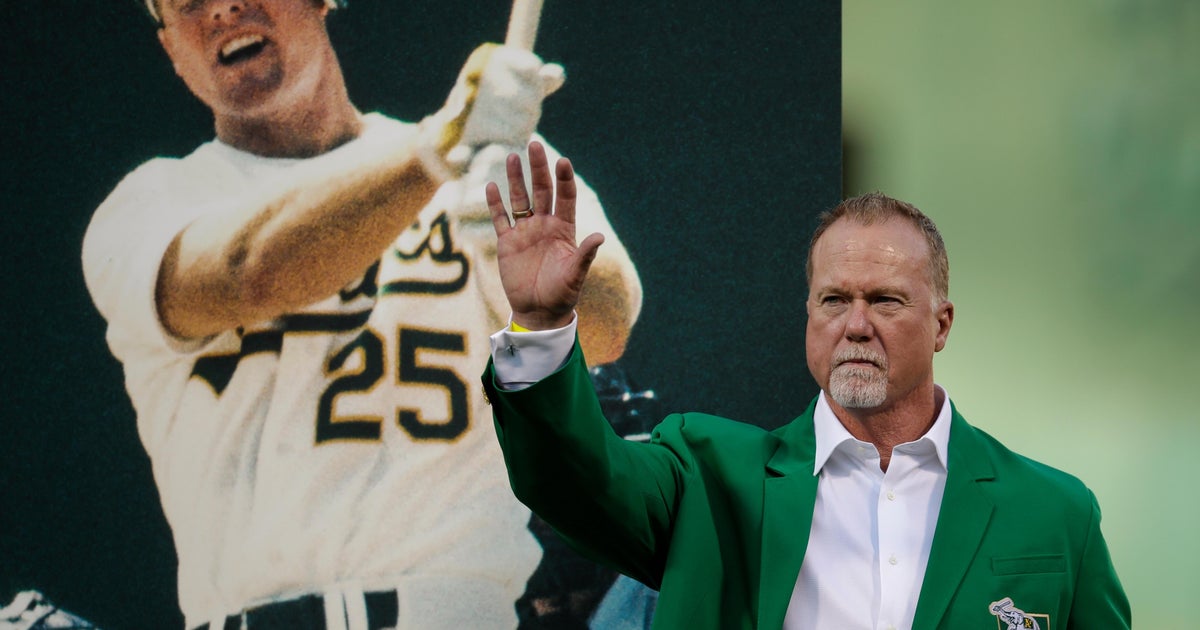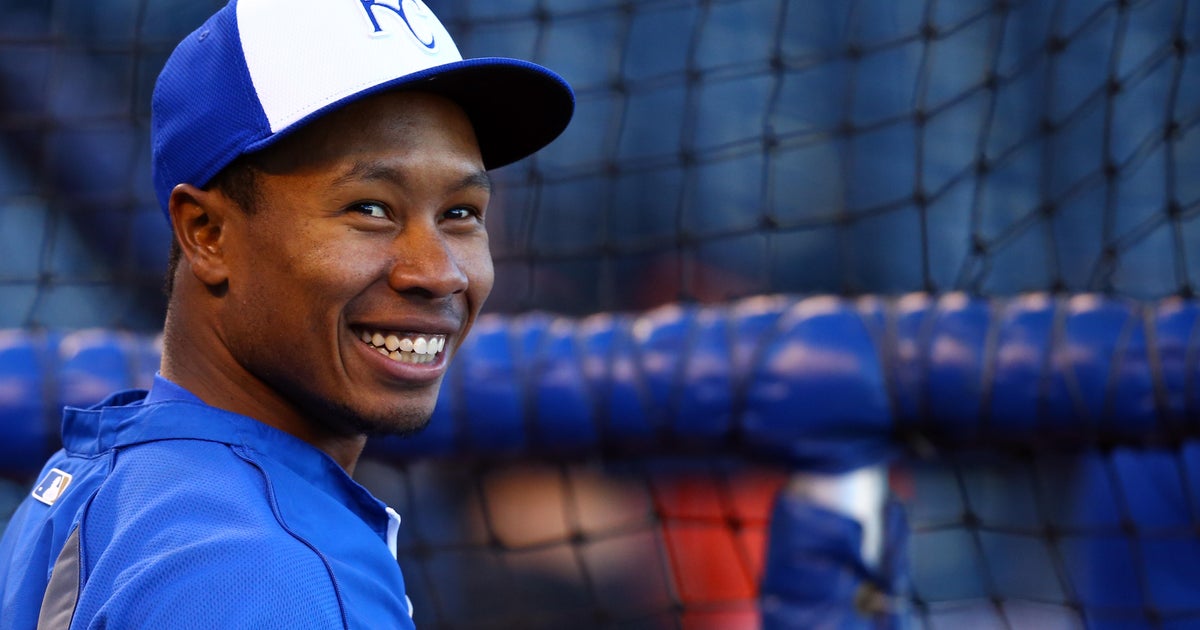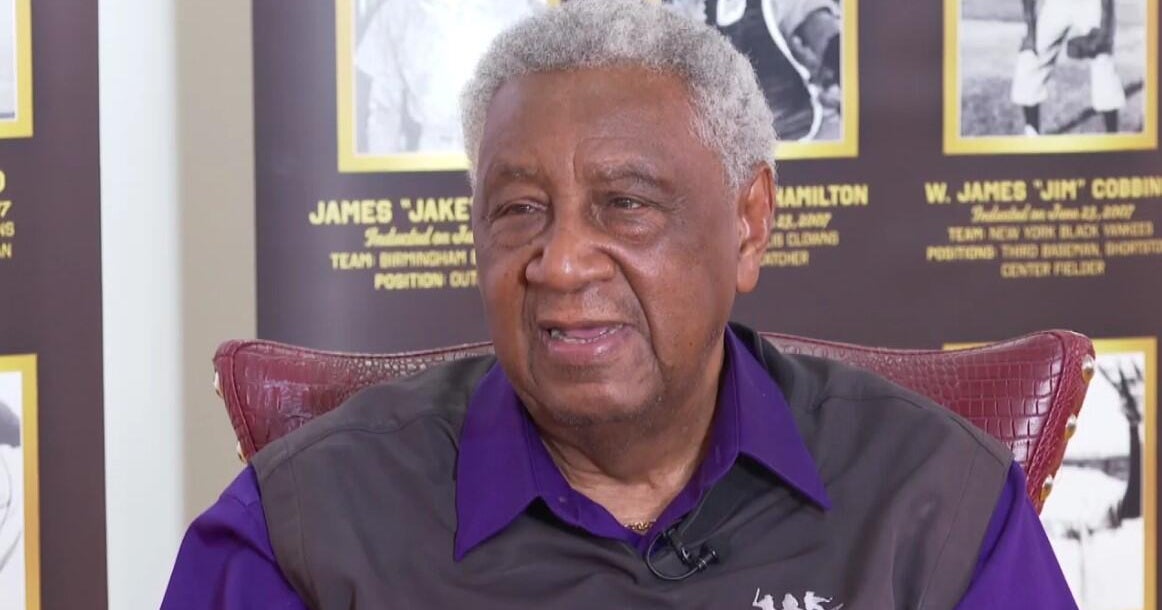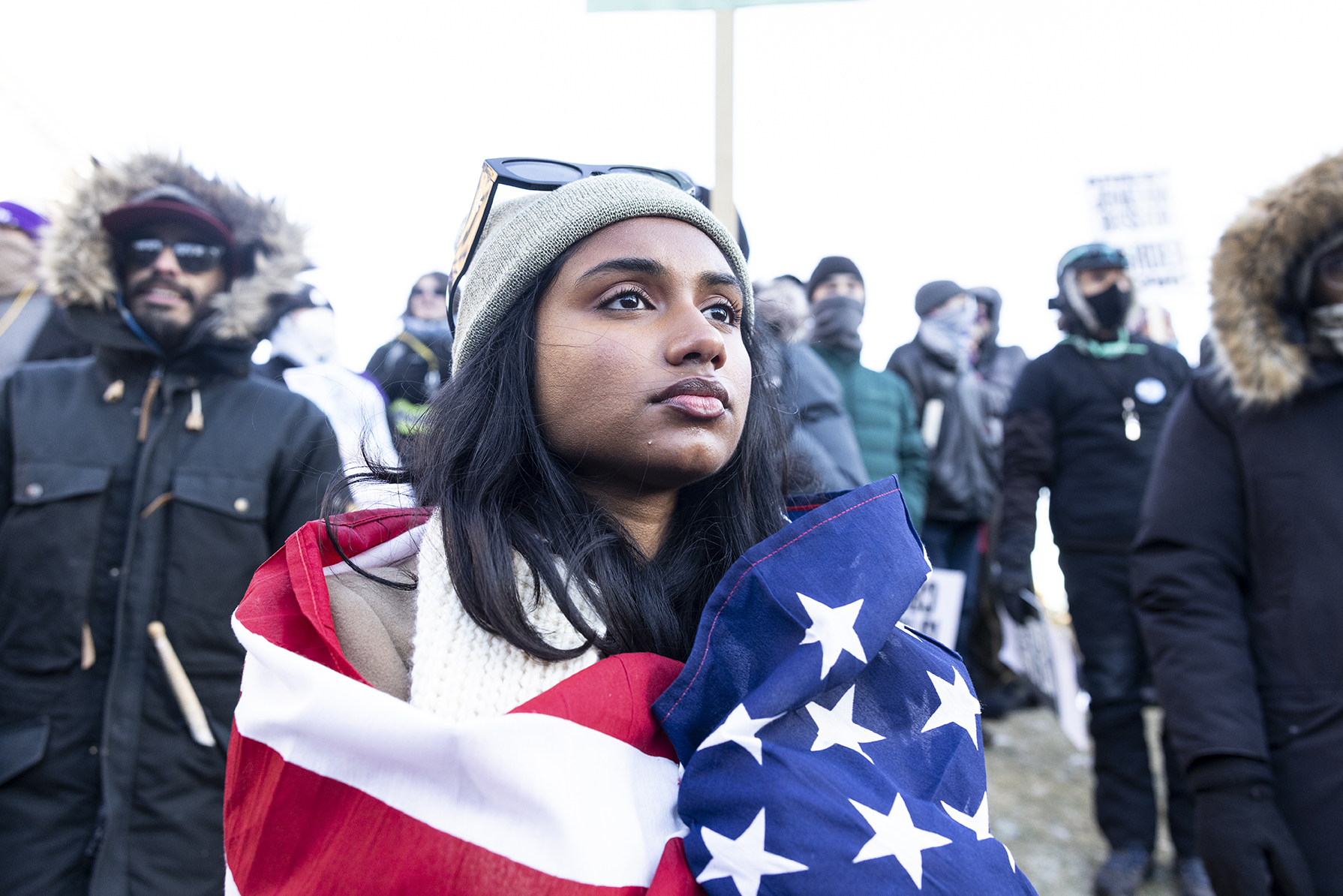MLB approves first contract for minor league players
Minor leaguers ratified their first collective bargaining agreement with Major League Baseball ahead of the season's start on Friday.
Players and league officials Wednesday agreed to a five-year deal. MLB owners are expected to vote on the agreement next week.
The Major League Baseball Players Association, which in September began representing players with minor league contracts, said Friday that more than 99% of minor leaguers who cast ballots approved the deal. About 5,500 players are in the bargaining unit.
"It's a historic day for these players," union head Tony Clark said in a statement.
Under the agreement, minimum salaries for minor league players will rise by tens of thousands of dollars, and, for the first time, players will be paid in the offseason.
For rookies, the salary will rise from $4,800 to $19,800. At Low Class A, salaries will grow from $11,000 to $26,200 while High Class A will grow from $13,800 to $27,300. Triple-A players will go from $17,500 to $35,800.
The contract comes as welcome news for minor leaguers who have historically been underpaid relative to their professional brethren in the major leagues. Some minor league players said they took odd jobs — like mowing lawns — to make ends meet during the off season. Other players have taken up part-time landscaping gigs or moonlighted as athletic trainers.
Minor league players will receive four weeks of retroactive spring training pay this year. They will get $625 weekly for spring training and offseason training camp and $250 weekly for offseason workouts at home.
Most players will be guaranteed housing, and players at Double-A and Triple-A will be given a single room. Players at Low A and High A will have the option of exchanging club housing for a stipend. Players who sign for the first time at 19 or older can become minor league free agents after six seasons instead of seven.
MLB agreed not to reduce minor league affiliates from the current 120. Beginning in 2024, teams will be allowed a maximum of 165 players under contract during the season and 175 during the offseason, down from the current limits 190 and 180.
Players will gain rights to second medical opinions, a 401(k) plan and arbitration to contest discipline under a just cause standard. The union agreement also includes policies barring domestic violence and performance-enhancing drugs.
The union will take over group licensing rights for players.



